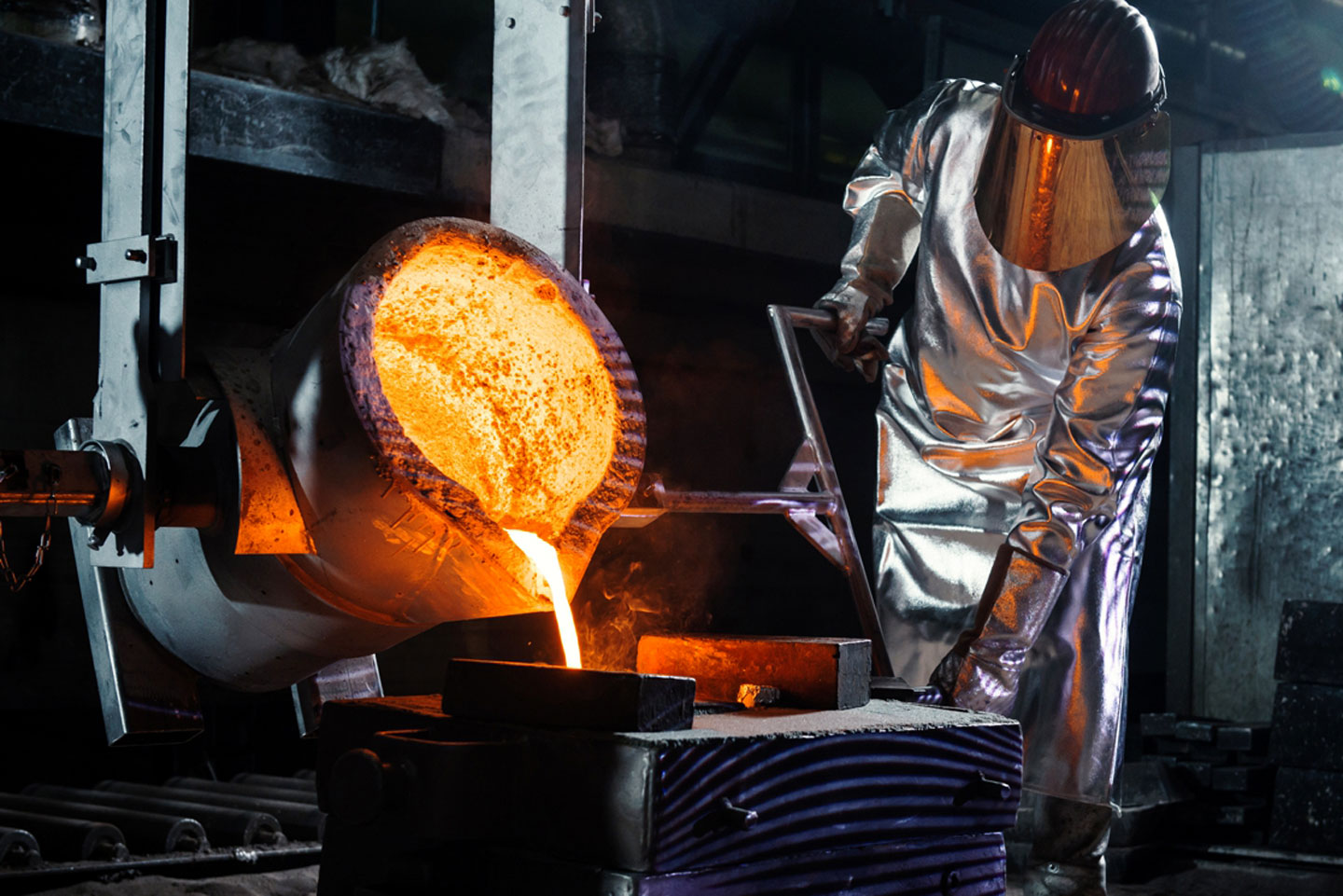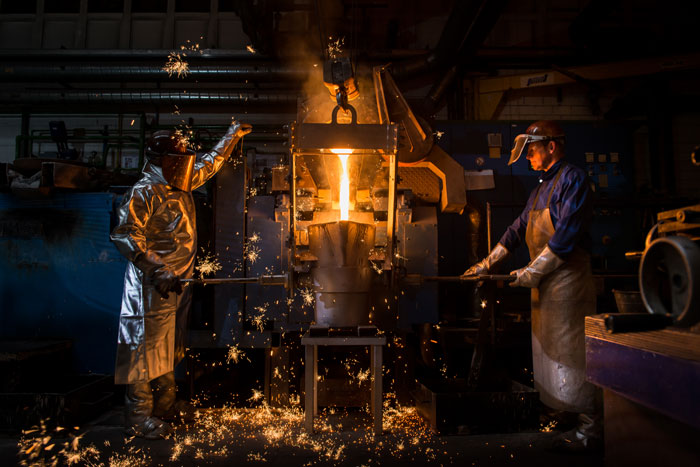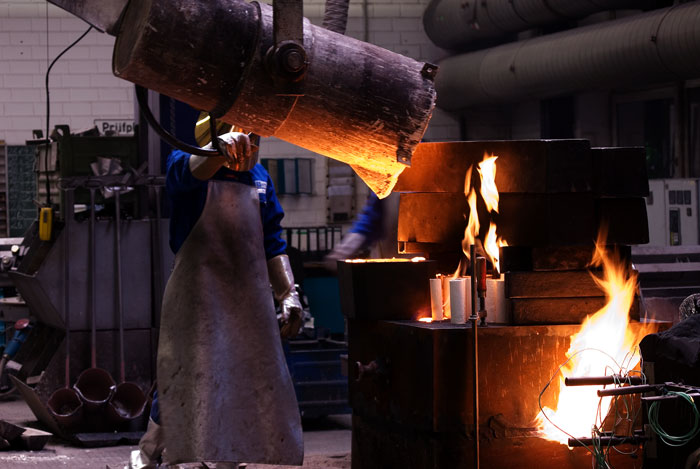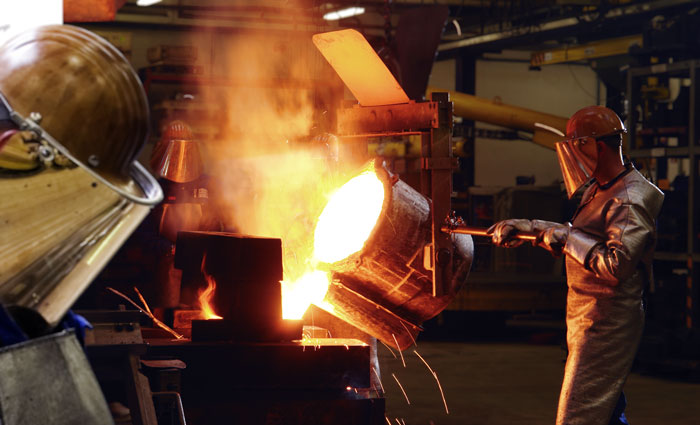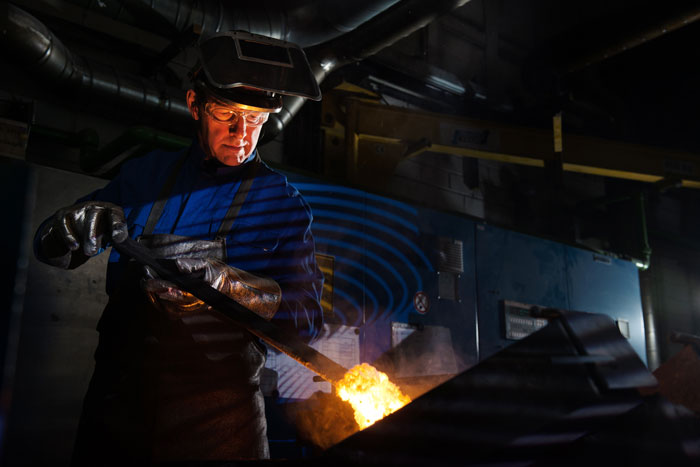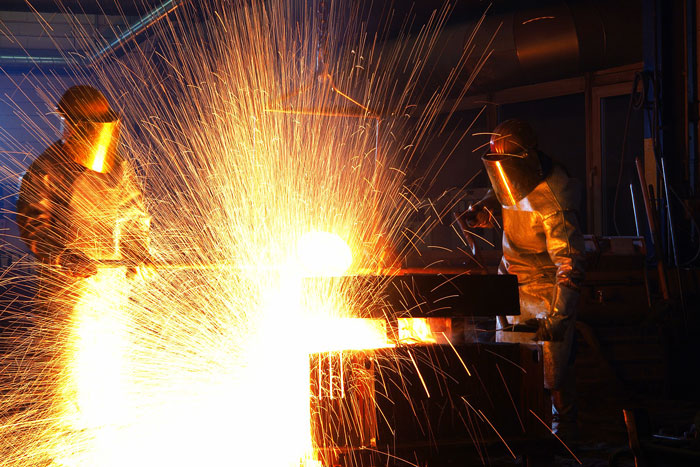As a casting material, steel is certainly a master of diversity. This is made possible by its special composition of iron, carbon and other alloying elements. For your steel castings, we can also individually adapt the chemical composition of the material to your requirements. Furthermore, heat treatments allow us to adjust the material with high precision to your specifications.
Versatile use in various industries
Very good mechanical properties
High thermal and chemical resistance

